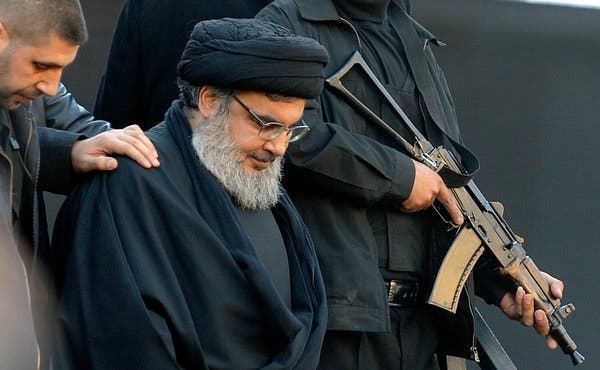By : Lloyd Mahachi
Hassan Nasrallah, the longtime leader of Hezbollah, was killed in a massive Israeli air attack on Beirut, marking a significant turning point for the group and the region.
Nasrallah, 64, led Hezbollah for 32 years and was widely regarded as the “personification” of the armed group. Born in 1960 in East Beirut, he grew up in a devout Shia family and joined Amal’s movement during the Lebanese civil war. However, he split from the group in 1982 over its stance on Palestinian militias and formed Hezbollah with Iranian support.
Under Nasrallah’s leadership, Hezbollah evolved from a militant group to a national party, participating in democratic elections. His speeches blended politics and religious imagery, cementing his persona as a wise and humble leader. He led Hezbollah to become a major force in Lebanese politics, but his image was tarnished by the group’s involvement in the Syrian war and criticism from Arab countries.
Nasrallah faced criticism for Hezbollah’s alleged role in the 2005 assassination of Lebanon’s former Prime Minister Rafik Hariri. An international tribunal indicted four Hezbollah members for the murder, with one later convicted. He also refused to disarm Hezbollah, citing the need to protect Lebanon from Israel.
Despite controversies, Nasrallah remained a revered figure among Lebanon’s Shia Muslims, seen as a defender of their rights. However, his critics accused him of prioritizing Iranian interests over Lebanese concerns. Hezbollah faced significant challenges after opening a front against Israel to support its ally Hamas in Gaza in October 2023.
Hezbollah’s highly organized structure suggests it will not crumble under Nasrallah’s assassination. However, the group’s future trajectory remains uncertain. The incoming leader will need to navigate complex regional dynamics and decide whether to continue Nasrallah’s legacy or forge a new path.
The consequences of Nasrallah’s death will be felt far beyond Hezbollah, impacting Lebanon and the wider region. His legacy is complex, with some viewing him as a hero and others as a divisive figure. Nonetheless, his influence on Middle Eastern politics is undeniable.
The region now waits with bated breath as Hezbollah selects a new leader and charts its next course. The implications of Nasrallah’s death will unfold in the coming weeks and months, shaping the future of Lebanon and the Middle East.
Editor : Josephine Mahachi

